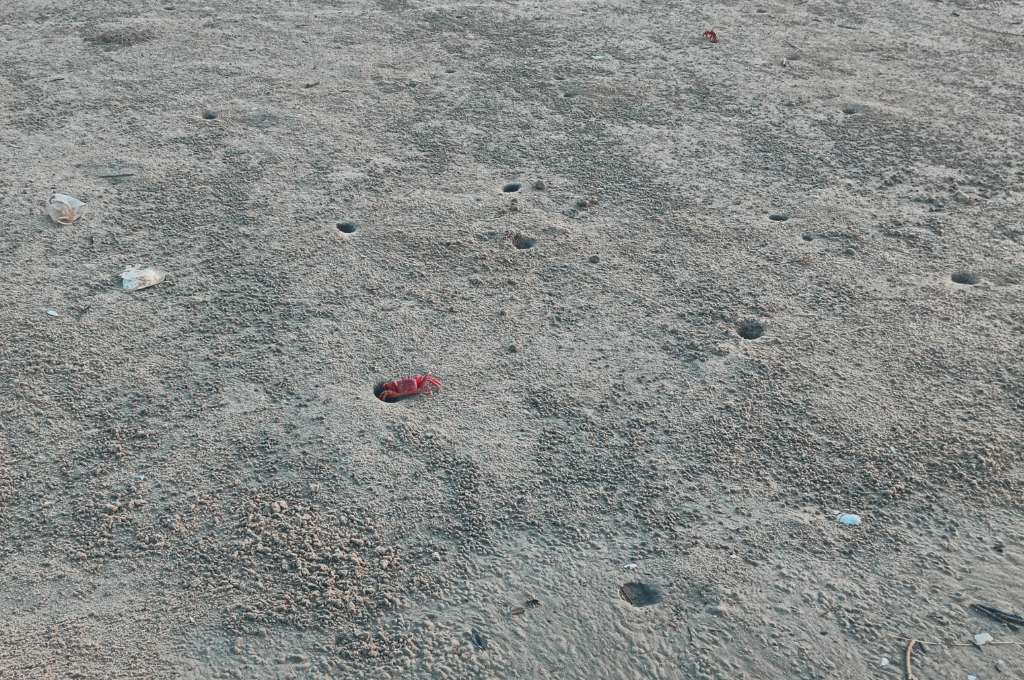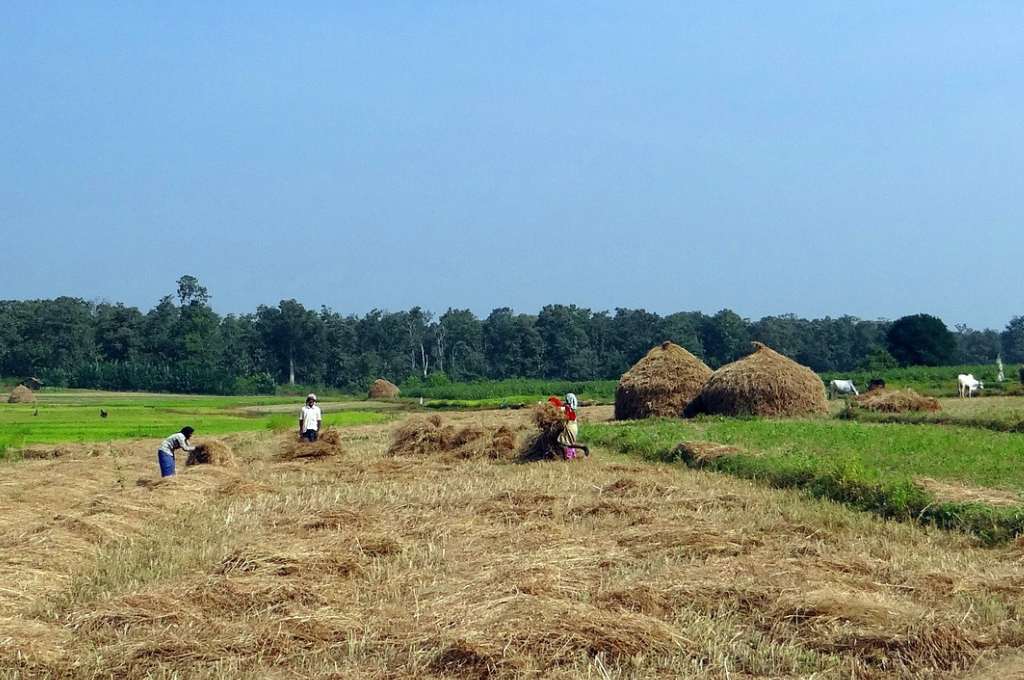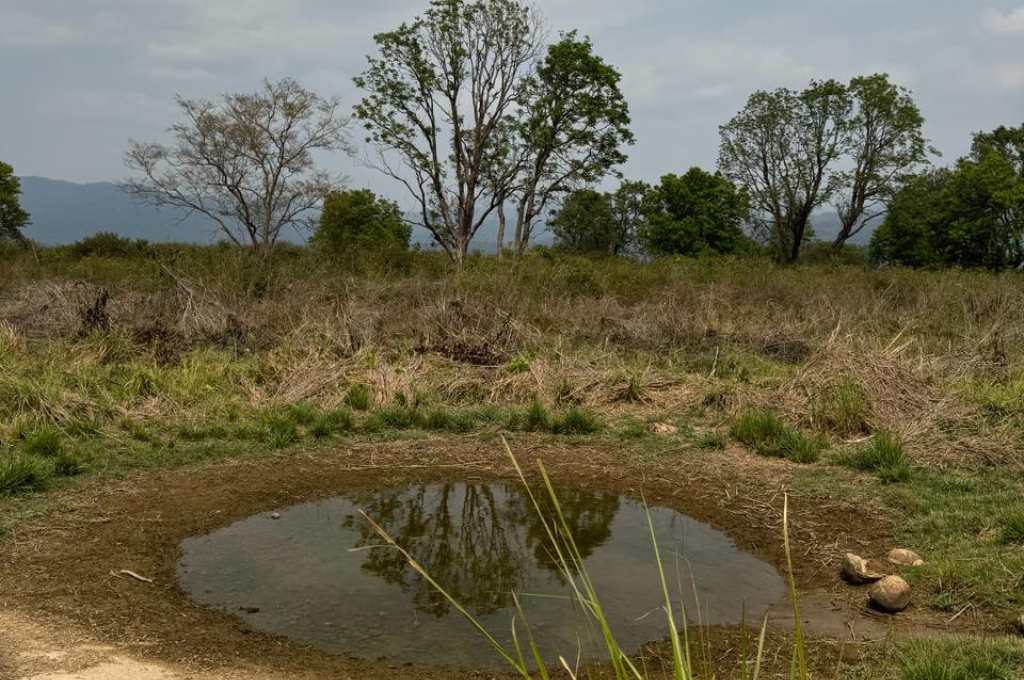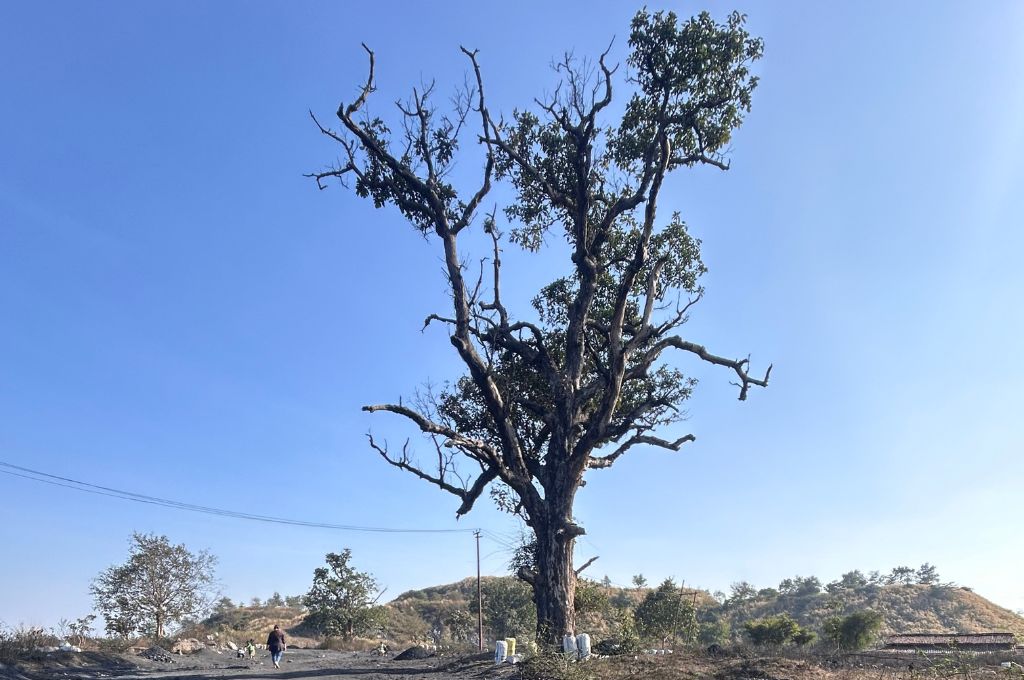More toilets, more problems
Gulab Kali is a landless labourer who lives in Semra village, Uttar Pradesh. Not having land or a pucca house of her own has meant that she has always had to go outdoors to answer the call of nature, like most others from her village. But of late she has been yelled at and verbally abused when stepping out for her morning ritual. She asks, “All land here belongs to the Thakurs, we don’t own anything. So, where do we go?”
People’s attitudes to open defecation have changed in Semra since early 2019, when it was declared an open defecation-free (ODF) village. This was despite the fact that many of its residents did not have toilets, or had incomplete ones. According to the people of Semra, half of the village’s 600-odd households were left out. One of them is Rajmani’s. “I am a widow. There is no earning member in my family,” she said. “I do not have a toilet.”
Semra is a case in point of how hastily given ODF titles to villages not only exclude the chances of those truly in need of receiving toilet subsidies, but also put them in danger of being ostracised for this exclusion.
Khabar Lahariya is India’s only grassroots, feminist news and media platform, run by an all-women team of reporters, editors, and media practitioners reporting on media-dark geographies of the north Indian hinterland.



